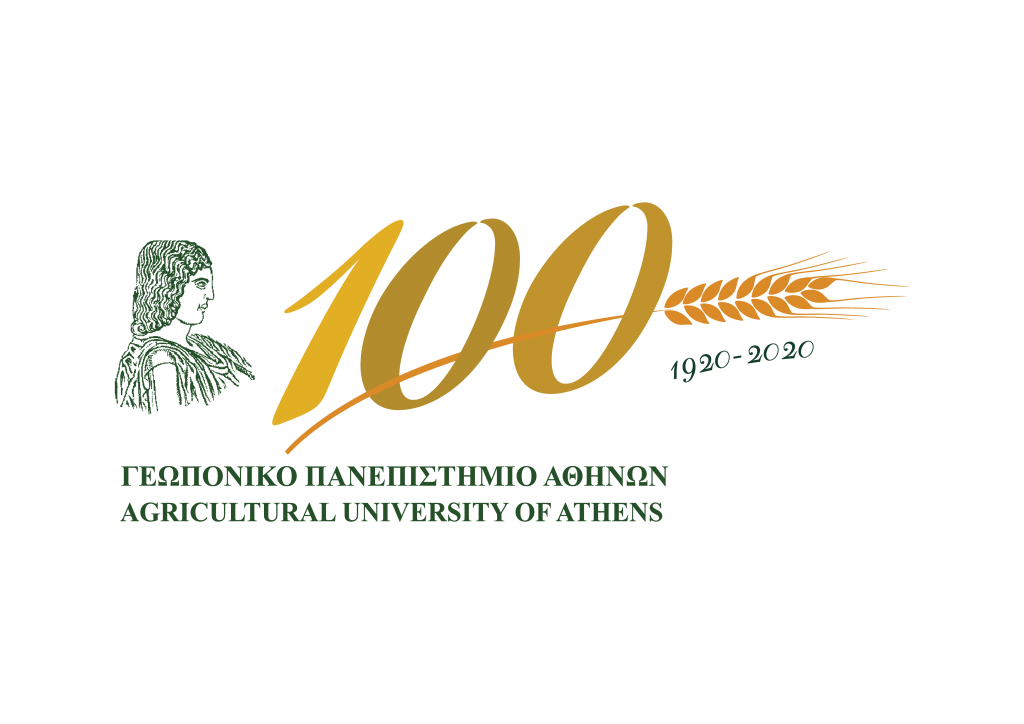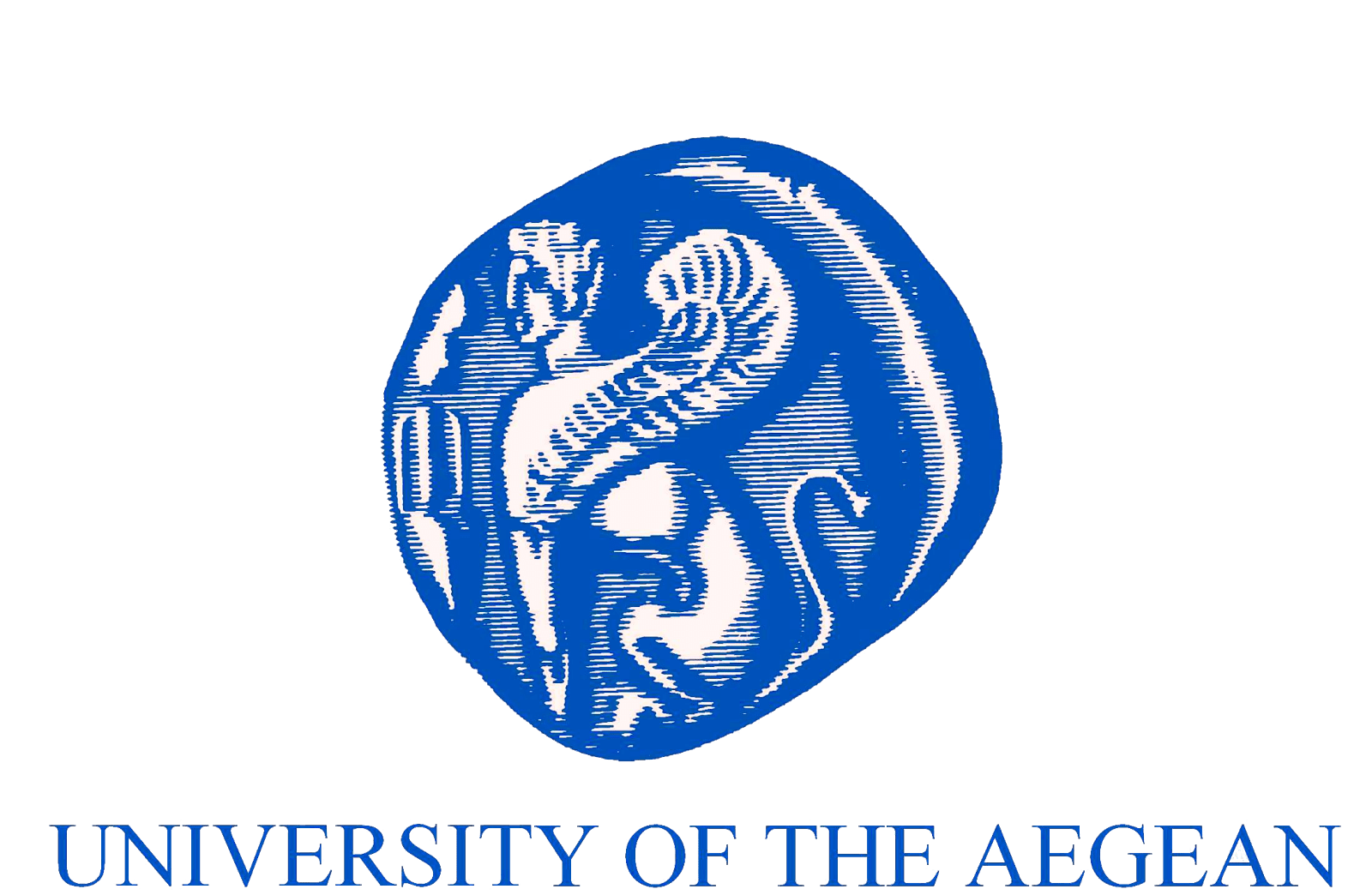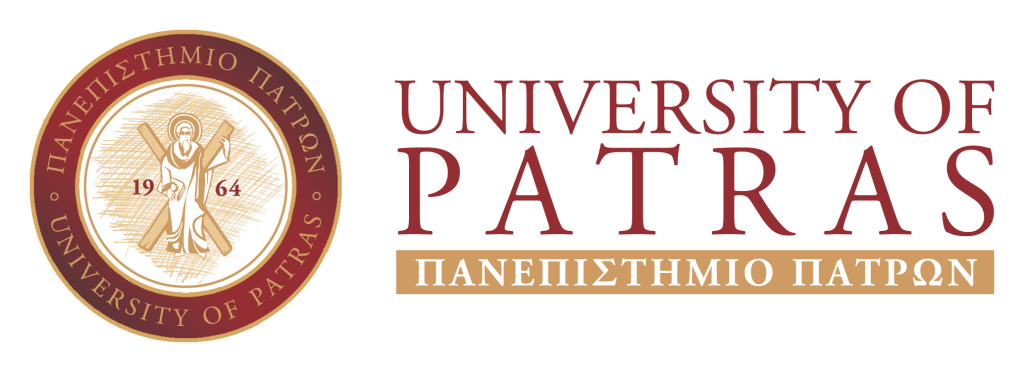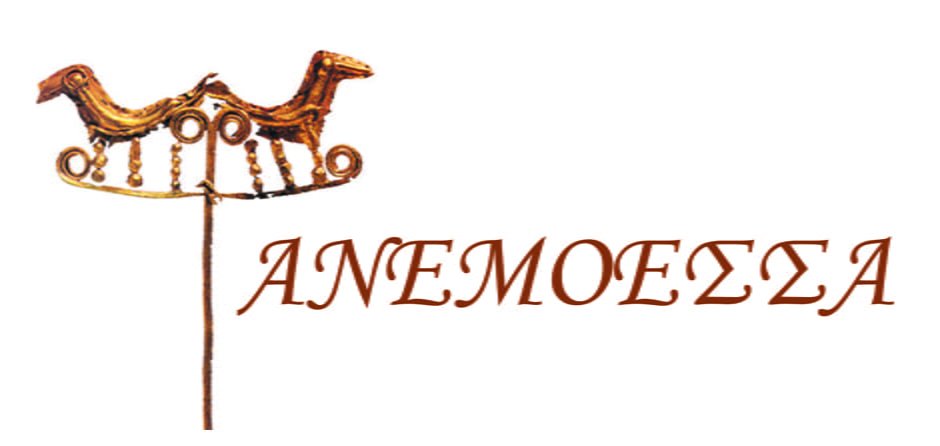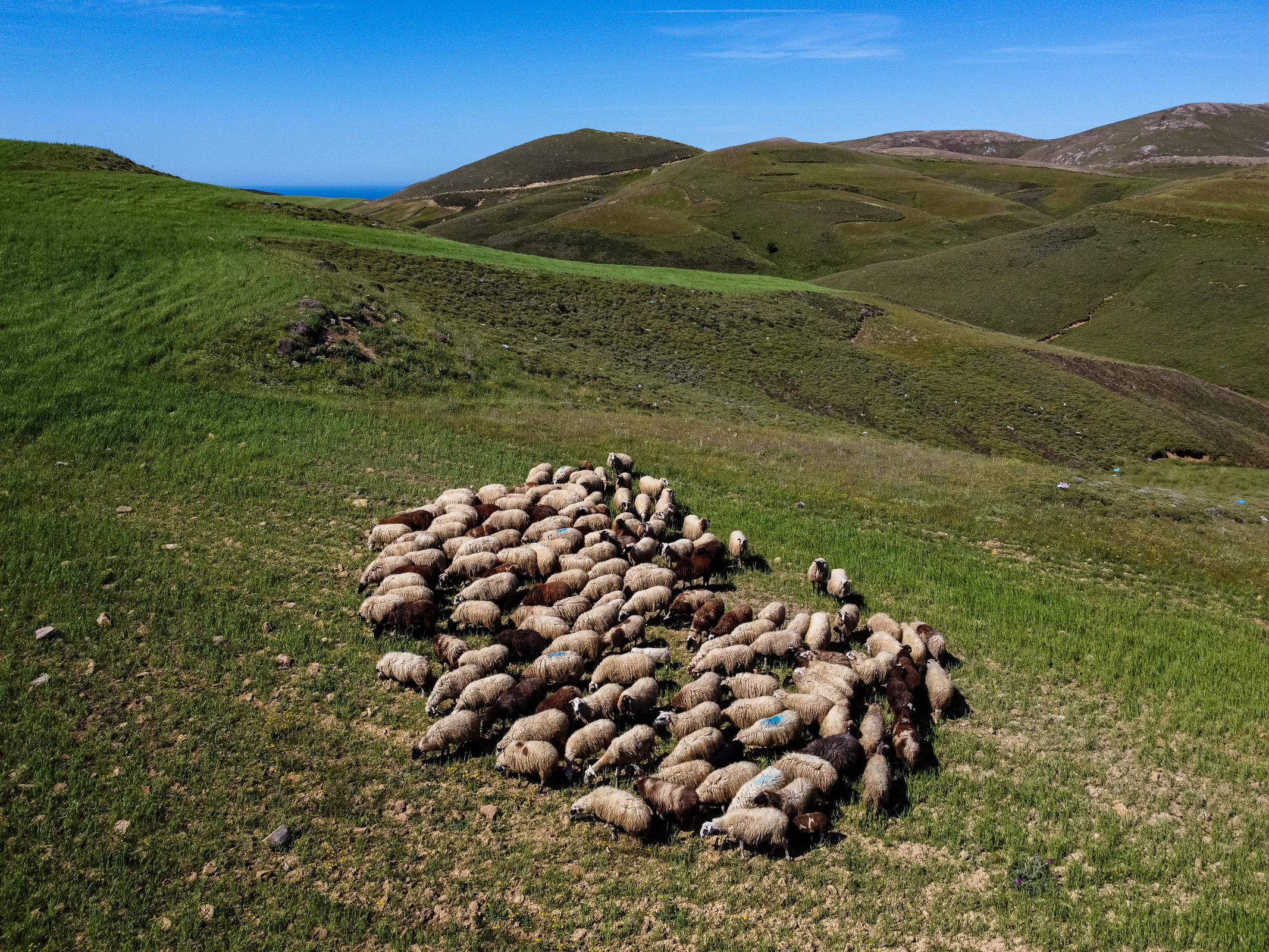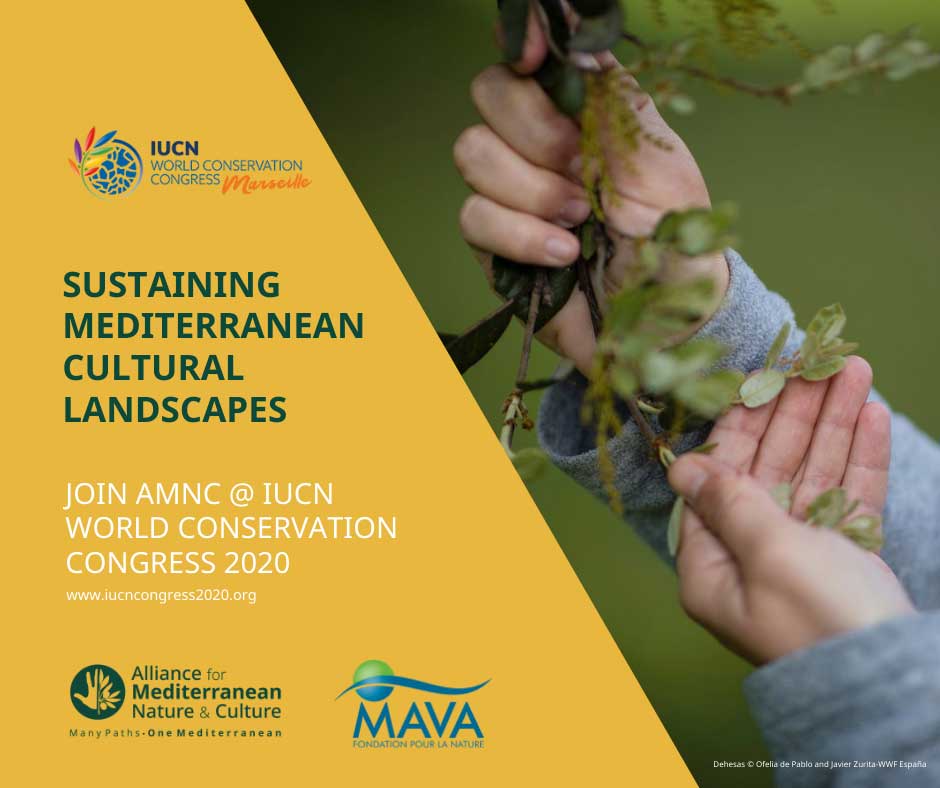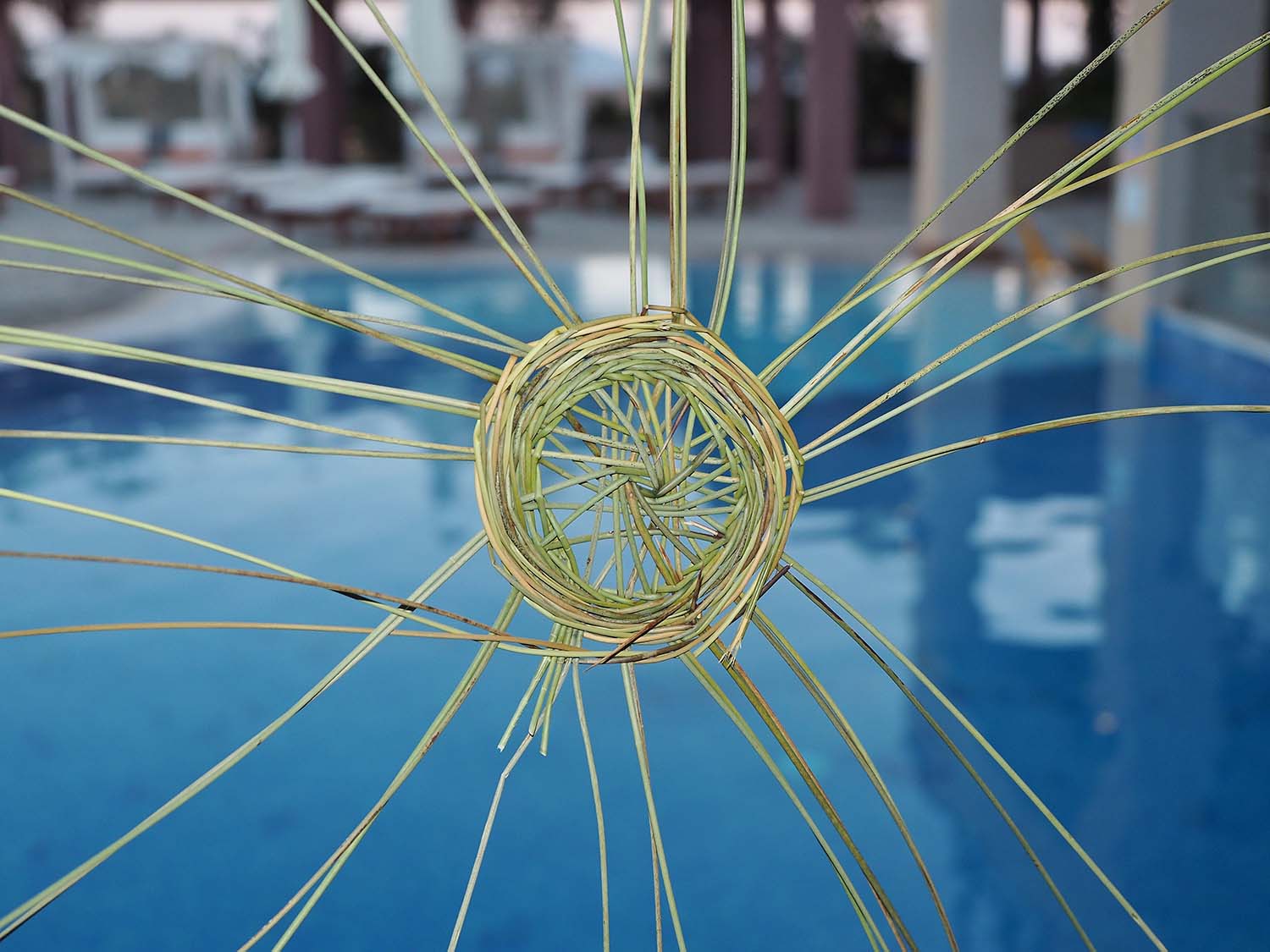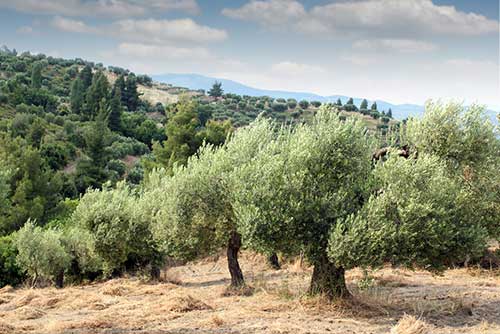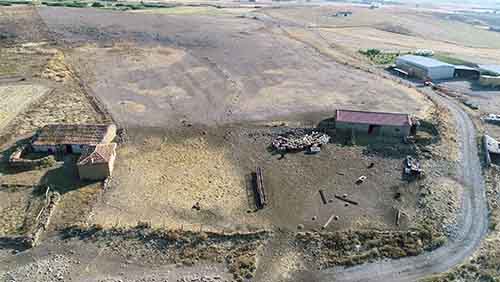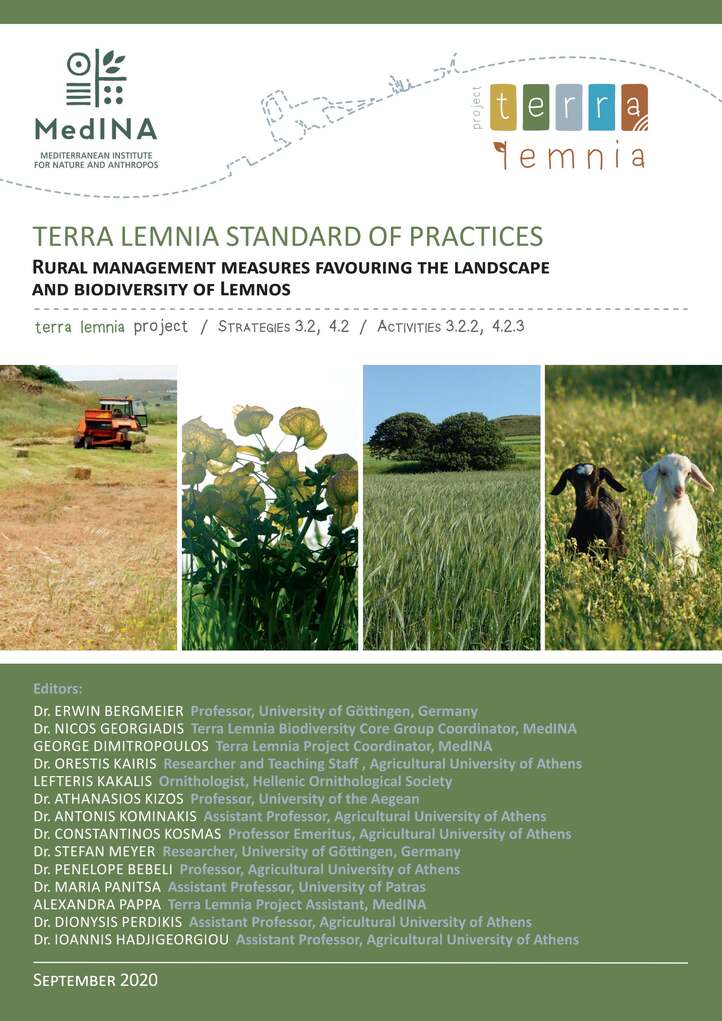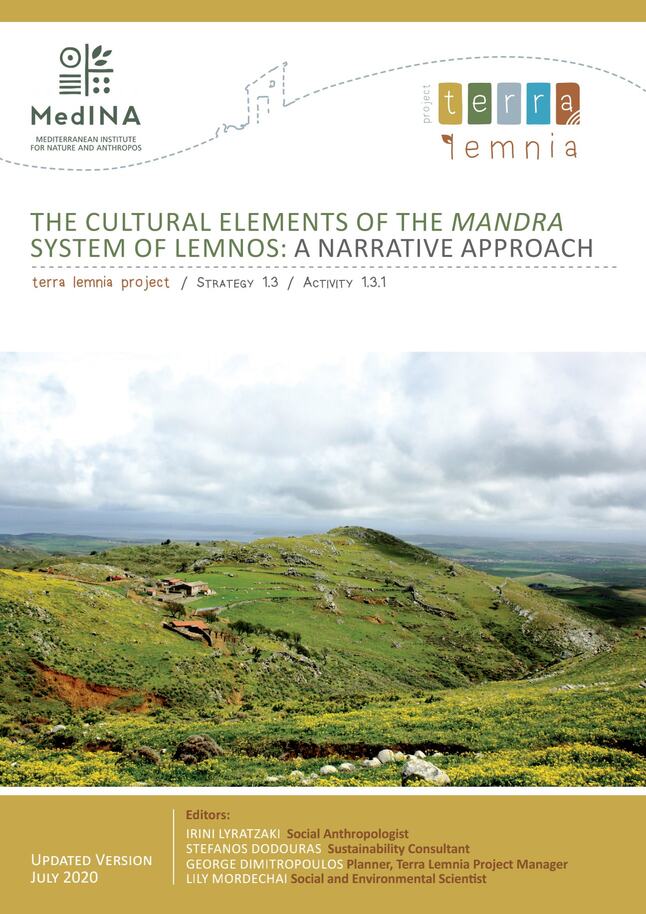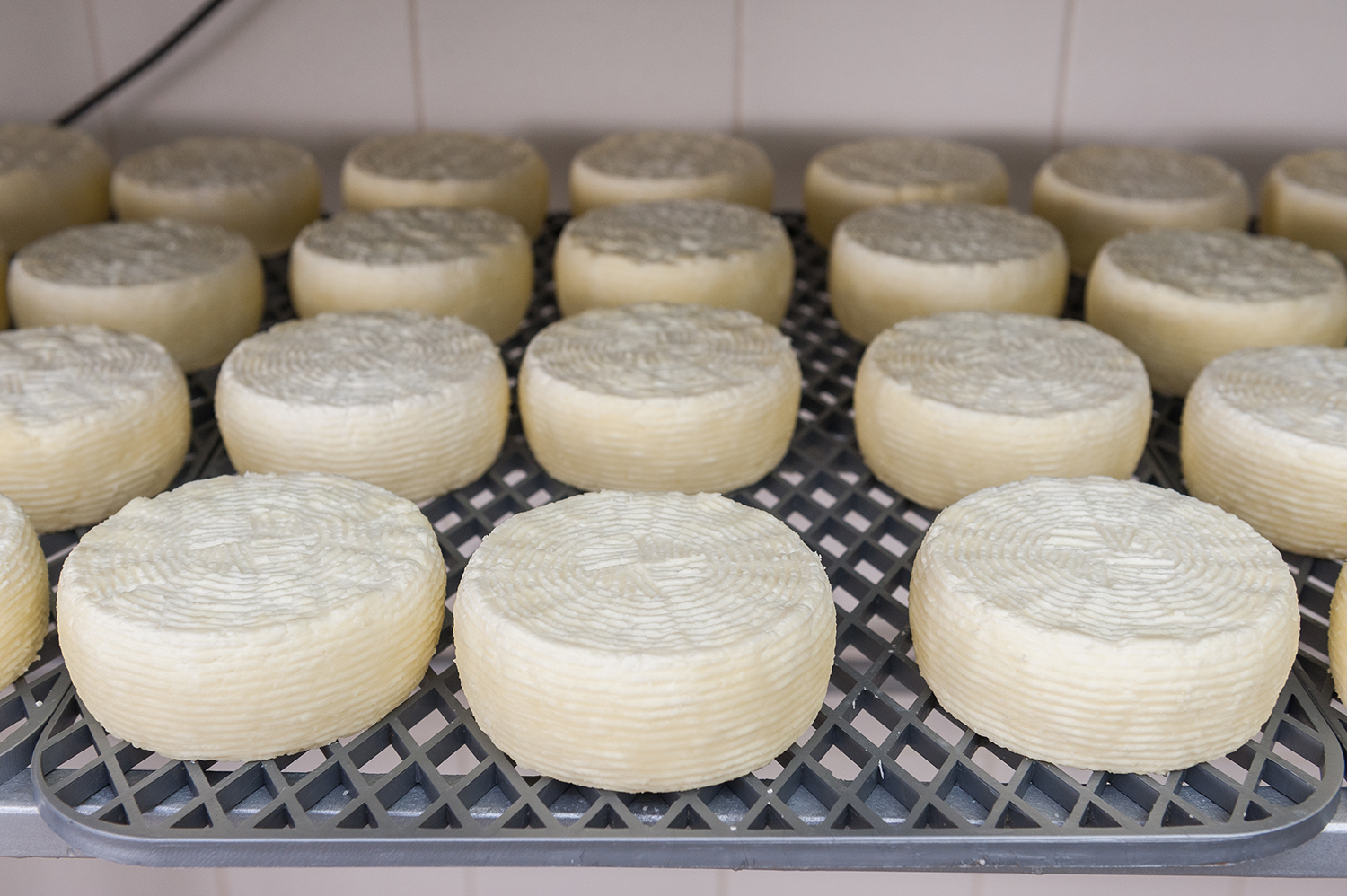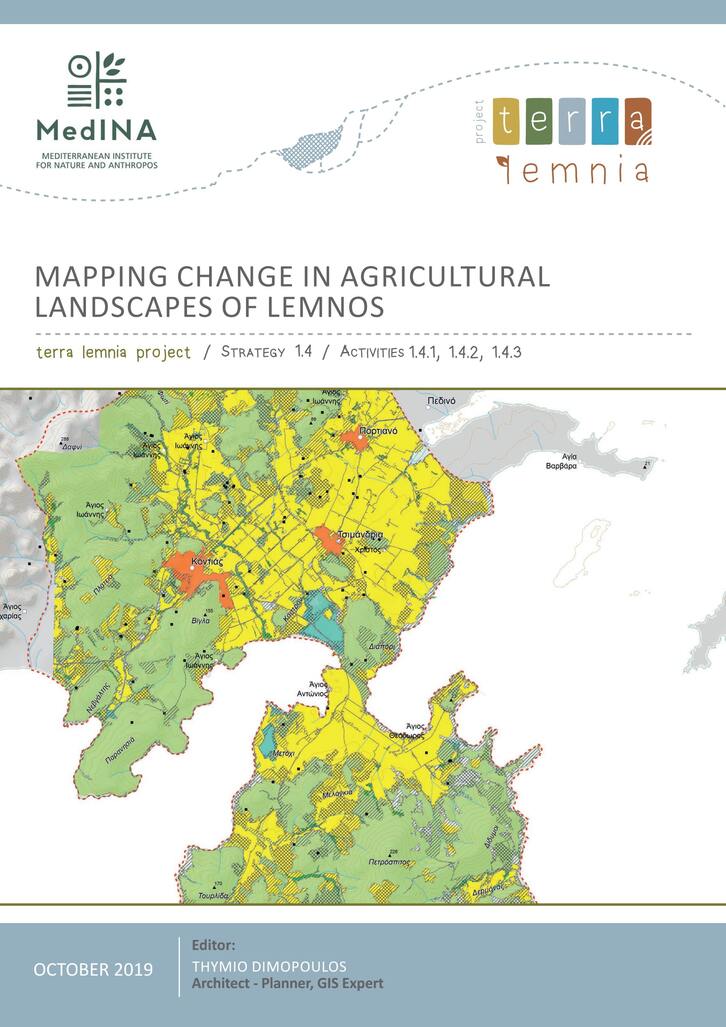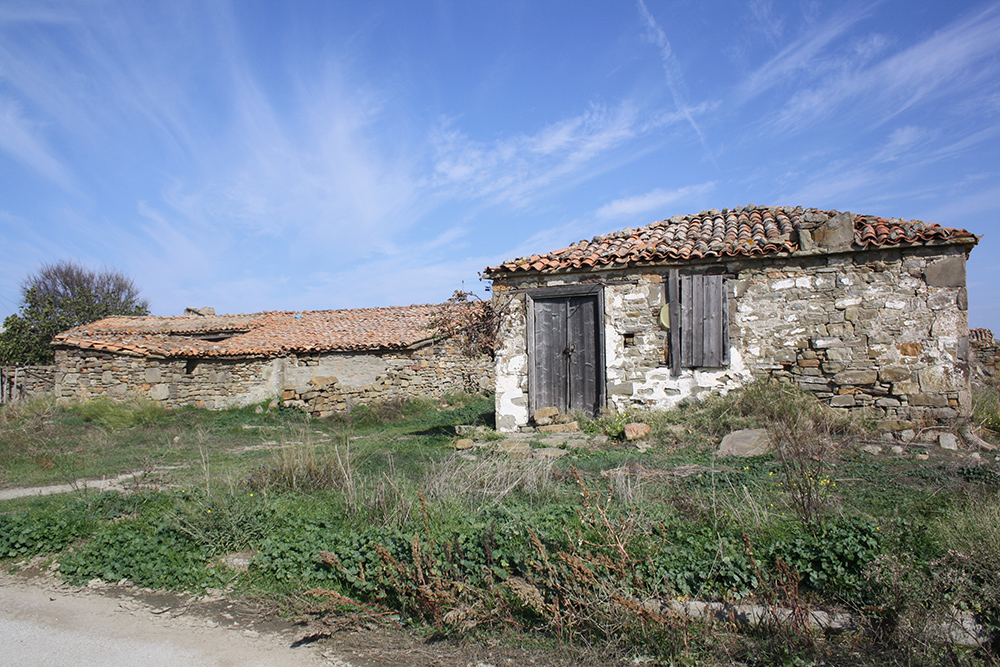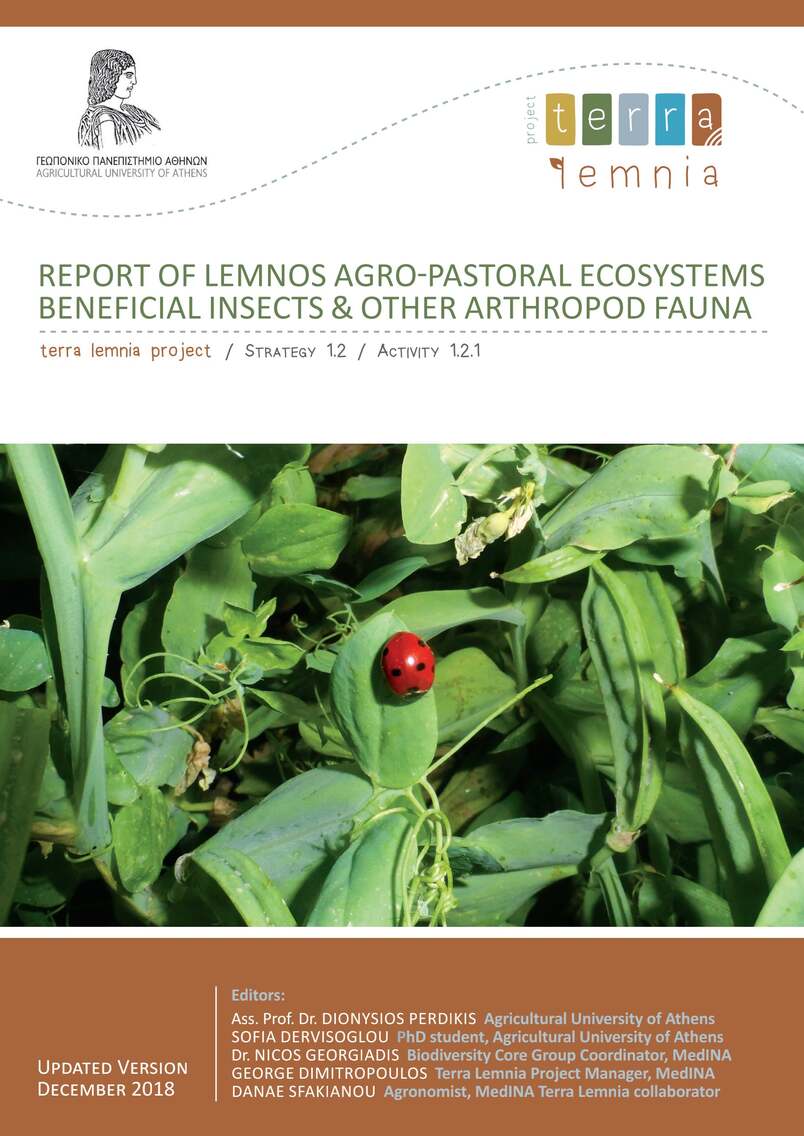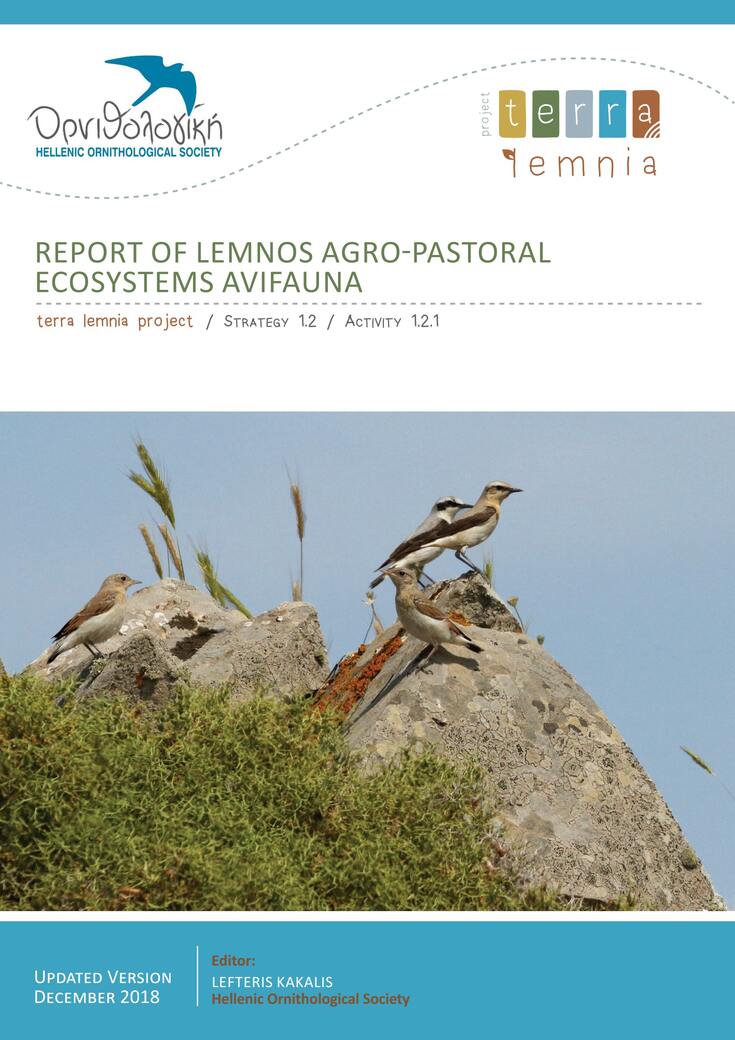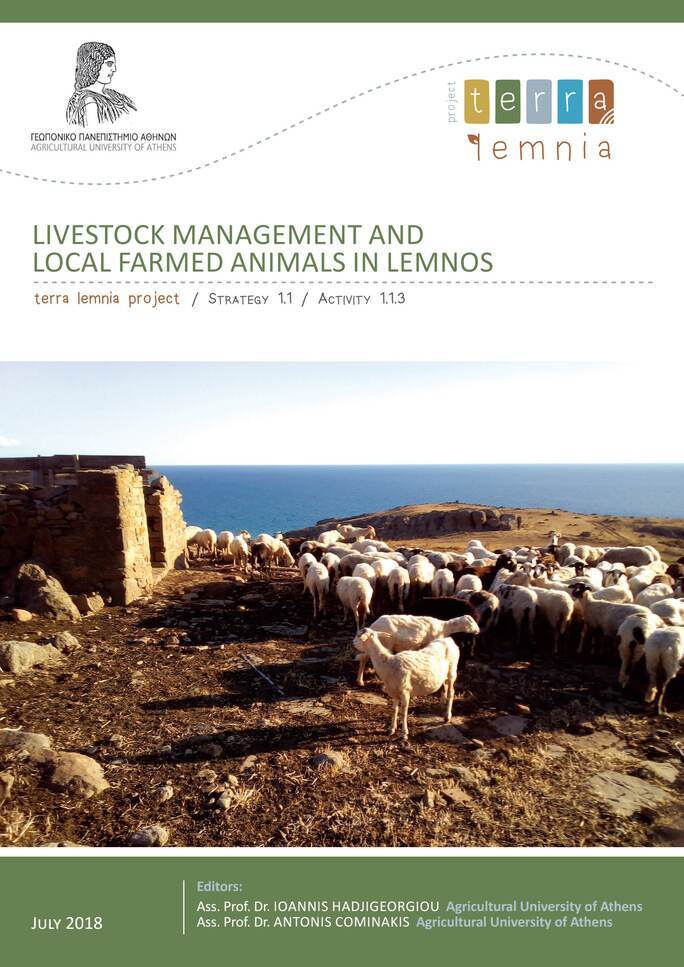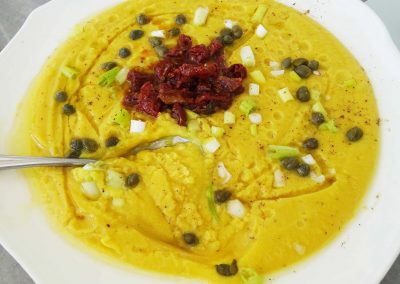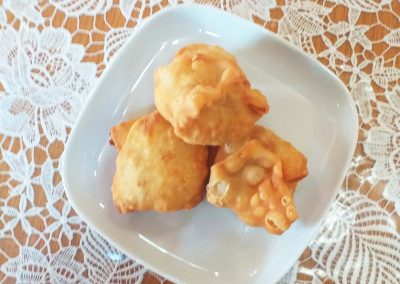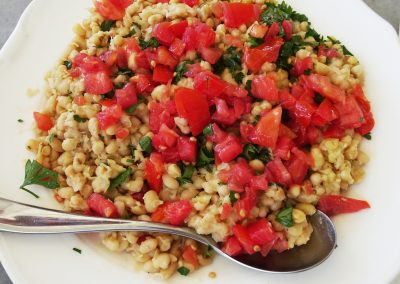The remote Greek island of Lemnos is located in the North Eastern Aegean between Lesvos and Samothrace. Its rugged terrain, lowland plains and 260 km long coastline distinguishes Lemnos as a place rich in biodiversity and steeped in history that stretches back to the Neolithic period.
The remote Greek island of Lemnos is located in the North Eastern Aegean between Lesvos and Samothrace. Its rugged terrain, lowland plains and 260 km long coastline distinguishes Lemnos as a place rich in biodiversity and steeped in history that stretches back to the Neolithic period.
Visitors to the island can experience the harmony of living off the land as it was before intensive agriculture and tourism development. Farmland mosaics dotted with patches of natural vegetation, oaks and fig trees, lush pastures grazed by sheep and goats, stone built traditional farms (called mandra), vineyards, roadside beehives and small villages, tell a thousand tales of rural entrepreneurs working hard to continue with a way of life that has been lost in so many places in the Mediterranean. The delicious smells, tastes, sights and sounds of Lemnos link us to the past and offer a more sustainable way of living now and in the future.
All photos © Stefan Meyer
Visitors to the island can experience the harmony of living off the land as it was before intensive agriculture and tourism development. Farmland mosaics dotted with patches of natural vegetation, oaks and fig trees, lush pastures grazed by sheep and goats, stone built traditional farms (called mandra), vineyards, roadside beehives and small villages, tell a thousand tales of rural entrepreneurs working hard to continue with a way of life that has been lost in so many places in the Mediterranean. The delicious smells, tastes, sights and sounds of Lemnos link us to the past and offer a more sustainable way of living now and in the future.
All photos © Stefan Meyer
All photos © Stefan Meyer
Conserving and restoring traditional farming landscapes on Lemnos
The Terra Lemnia project is working with farmers to support traditional and environmentally-friendly ways of working with the land, especially the mandra system. A mandra is an area of land fenced with dry stone occupied by an animal shed, a shepherd’s hut and a barn.
You will sometimes find a stone threshing floor, small creamery, bread oven or a small vegetable garden within its walls. Around the mandra animals graze on natural rangelands and farmlands are cultivated with cereal and leguminous crops either used as fodder for livestock or human consumption. They are sustainable homes and businesses of high ecological and cultural value.
Conserving and restoring traditional farming landscapes on Lemnos
The Terra Lemnia project is working with farmers to support traditional and environmentally-friendly ways of working with the land, especially the mandra system. A mandra is an area of land fenced with dry stone occupied by an animal shed, a shepherd’s hut and a barn.
You will sometimes find a stone threshing floor, small creamery, bread oven or a small vegetable garden within its walls. Around the mandra animals graze on natural rangelands and farmlands are cultivated with cereal and leguminous crops either used as fodder for livestock or human consumption. They are sustainable homes and businesses of high ecological and cultural value.
Working with the local community to value the landscape and create prosperity
With our project partners, we are working at many levels with practitioners on the ground, mobilising local stakeholders and building up our collective knowledge base of traditional agriculture and its positive impact on the environment. We have seen the abandonment of this way of living threatening local biodiversity and natural resources as more intensive farming is introduced, leaving this insular community more vulnerable to climate change.
We want to see the conservation or restoration of landscapes rich with local crop varieties, rangelands sown with seeds to create rich pastures and support sustainable grazing. To see more mandras being used on the hillsides. To have greater market value placed on local products and rewarding hard working rural entrepreneurs with certification for high quality products. To work with schools and young people, conveying the message of land stewardship and helping create multi functional farms for the future that are protected by law and get the funding they need not just to survive but to thrive.
To do all this, we need to treat our practitioners with respect and work together. To create a sense of pride in the island inhabitants, and to reach out to people across the waters to understand the value of traditional landscapes for our Mediterranean heritage and to preserve the wonders of nature.
Project News & Resources

Efforts to inscribe the Mandra System of Lemnos Island in the national inventory of intangible heritage underway
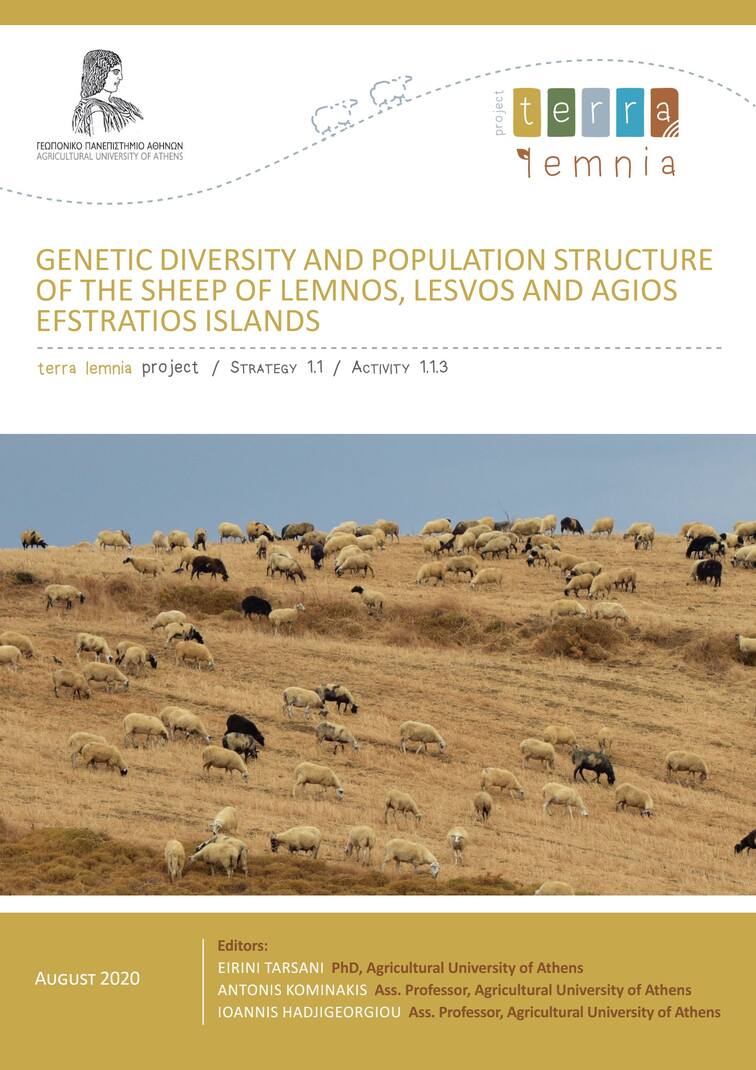
Genetic Diversity and Population Structure of the Sheep of Lemnos, Lesvos and Agios Efstratios Islands
Meet the
Lemnian Mediterranean Food Heroes

Be inspired by our #MedFoodHeroes with these Mediterranean recipes using sustainable ingredients
This project is led by AMNC partner Mediterranean Institute for Nature and Anthropos (MedINA), in collaboration with:
